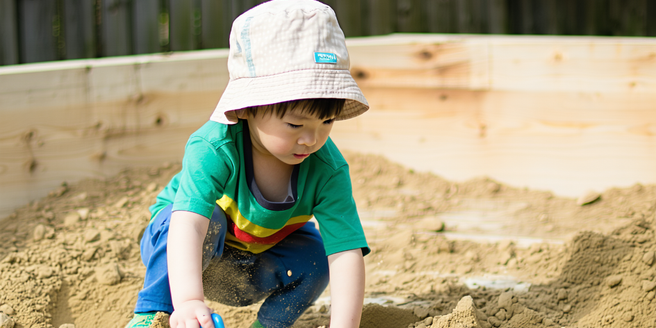
Benefits of Outdoor Play for Children
Engaging in outdoor play is vital for children’s holistic development. It not only offers physical benefits but also contributes to mental and emotional growth. Outdoor play allows children to explore their environment, which stimulates curiosity and cognitive development. It encourages creativity as children invent games and use their imaginations in natural settings. Moreover, outdoor play improves motor skills and coordination through activities like climbing and running. Social interactions also thrive in outdoor settings, as children learn to cooperate and communicate with their peers. These interactions build essential social skills, such as sharing and empathy. In essence, outdoor play is a multifaceted experience that supports all aspects of a child’s growth, laying a strong foundation for a healthy, balanced life.
How Outdoor Activities Enhance Physical Health
Participating in outdoor activities is key to enhancing physical health for people of all ages. Being outside allows individuals to engage in various forms of exercise, whether it’s walking, running, cycling, or playing sports. These activities increase cardiovascular fitness, strengthen muscles, and improve flexibility and endurance. Additionally, exposure to sunlight is crucial for Vitamin D synthesis, which is vital for bone health. Outdoor activities also foster a stronger immune system due to regular exposure to the natural environment. Furthermore, the varied terrain and natural landscapes of outdoor settings offer unique challenges that enhance balance and coordination. Overall, incorporating outdoor activities into daily routines can lead to a healthier lifestyle and improved physical health.
Building Social Skills Through Group Play
Group play in outdoor settings is a powerful way to build social skills among children and adults alike. When participating in group activities, individuals learn to communicate effectively, collaborate on tasks, and resolve conflicts. These situations require participants to listen to others, share ideas, and work toward common goals, which enhances teamwork abilities. Outdoor group play also fosters a sense of belonging and inclusivity, where individuals learn to appreciate diversity and respect others’ perspectives. Moreover, these activities help build confidence as participants take risks and try new roles in a safe environment. Group play promotes the development of empathy, as players understand and respond to each other’s emotions and needs. Through these interactions, essential social skills are developed, which are crucial for personal and professional success.
Encouraging Creativity with Nature Exploration
Nature exploration is an excellent way to ignite creativity in individuals of all ages. When immersed in the natural world, the mind is free to wander and imagine, leading to innovative thoughts and ideas. Nature provides a rich tapestry of stimuli that can inspire creativity, from diverse landscapes to the intricate details of plants and wildlife. By engaging in unstructured play and exploration outdoors, children and adults alike are encouraged to think outside the box and develop creative problem-solving skills. Creative play in nature also encourages resourcefulness, as individuals use natural elements in imaginative ways. Furthermore, the peace and tranquility of natural settings provide a mental respite from routine, fostering a clear and unobstructed flow of creativity.
The Role of Outdoor Play in Mental Wellbeing
Outdoor play plays a vital role in enhancing mental wellbeing across all age groups. Nature offers a calming and restorative environment that reduces stress and anxiety levels. Engaging with the outdoors can boost mood and increase happiness due to the release of endorphins from physical activity. This contact with nature also promotes mindfulness, allowing individuals to be present and focused, which is essential for mental clarity and emotional regulation. Moreover, outdoor play can foster resilience and adaptability, as challenges presented by the natural environment allow individuals to build mental strength and coping skills. In essence, regular interaction with natural surroundings through outdoor play can lead to improved mental health and a greater sense of overall wellbeing.
Tips for Encouraging Safe Outdoor Play
Ensuring safe outdoor play requires a balance of supervision and freedom that allows for exploration while minimizing risks. To promote safe play, ensure that the play area is free of hazards such as broken equipment, sharp objects, or bodies of water that could pose a danger. It’s also crucial to dress appropriately for the weather, using sunscreen on sunny days and wearing layers in cooler temperatures. Setting simple rules, such as staying within a designated area and playing with others, can help ensure safety. Encourage activities that match children’s abilities to minimize the risk of injury. Regularly inspecting equipment and play areas for safety can prevent accidents. Finally, being present and engaged as a supervisor can provide immediate assistance if needed, ensuring an enjoyable and safe play experience for all.
